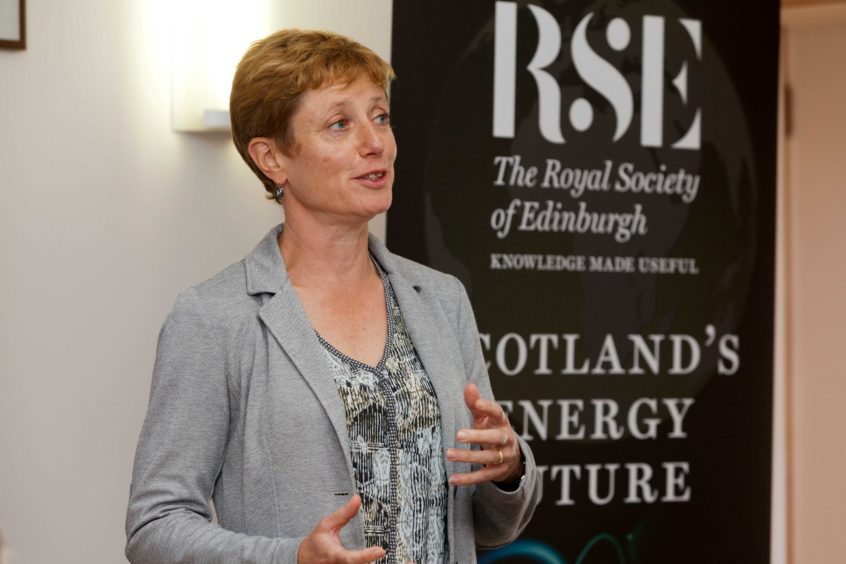
Despite failing to meet the latest climate change targets, Scotland has an excellent track record of carbon reduction achievements.
The Scottish Government has set some of the world’s most ambitious carbon emissions targets, aiming to achieve zero-net carbon by 2045 and phasing out the need for new petrol and diesel cars by 2032. The country’s last remaining coal-fired power station was closed in 2016 and on days when conditions are favourable, 100% of electricity generation is produced from renewable sources.
It’s clear there is a political will to invest in low carbon energy.
However, Scotland, and indeed the whole world, faces a challenging future in developing energy policy that is not just low carbon, but is also secure, affordable, and sustainable and fair.
On the back of the latest official emissions target figures, there were calls for government to do more and to act fast. This reflects the findings of a major, two-year inquiry into the energy landscape in Scotland by the Royal Society of Edinburgh (RSE). One of the main conclusions in the Scotland’s Energy Future report is that no single energy policy can effectively address all the problems of energy supply and use, and that difficult and costly choices will have to be made without delay, alongside a strong willingness to compromise.
There is no silver bullet that will reduce carbon emissions, have no environmental impact, create jobs, be affordable and offer people choice and freedom. Consequences and compromises exist, and these need to be fully understood and accepted by decision makers.
That said, with significant research and development, there is considerable opportunity for Scotland to shape the future energy landscape and position the country as a global innovator. There is ‘pain and gain’ with energy policy choices at all levels.
Energy policy is complex, with multiple dimensions, and must address a range of concerns and consider various factors that do not all point in the same direction. Decisions on whether to invest in specific technologies or approaches need to be assessed against the bigger picture of societal needs, goals and values.
Emerging low carbon technologies may offer the best solutions to safeguard the future of our energy system, but they are likely to require significant investment in infrastructure and be costlier than the energy we currently rely on. They are also not without impact, for example, electrification of our transport system and greater renewable electricity production will require significantly increased global mining of Lithium and Cadmium for batteries, which will have adverse environmental impacts on indigenous communities.
Social justice is also a key factor in the decision-making process. It would be unacceptable for the transition to a low carbon energy system to unfairly impact low-income and vulnerable households, for example, through a blanket levy on energy bills.
Facilitating an overall reduction in demand for energy must be a priority in any future energy policy and it must apply to business and industry, as well as individuals, which will require significant behavioural change.
There is a need to equip the next generation with the right skills to support the transition from fossil fuels to sustainable, low carbon energy.
These factors, and more, need to be debated, discussed and understood when forming future policy and governance around Scotland’s energy supply, demand and use, ensuring moral and environmental responsibilities are met.
The inquiry by the RSE has sought to combine expertise and evidence from a range of relevant sources and to provide a robust critique of the options available to government, business, communities and individuals.
It is not designed to offer a prescription for future policy. However, it should act as a timely catalyst for further research, debate and development to defining the short, medium and long-term direction.
Professor Rebecca Lunn is an RSE Fellow and deputy chair of the Scotland’s Energy Future inquiry
Recommended for you
